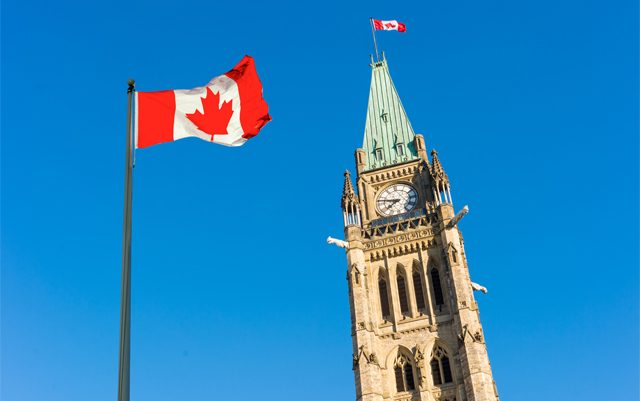Over the summer Canada put together a task force whose sole charge was to create a report that would be used to guide lawmakers in their quest to legalize marijuana on a national level. They have spent the last five months researching, taking trips to both Colorado and Washington to see the existing cannabis industries there, and even talking with the Uruguayan government, which is the only nation with an existing regulatory system for marijuana. Now they have finally announced the completion of their report, which will be available by December 21st after it has been translated to both English and French.
“It has been an honour for us, along with the other members of the Task Force, to have had the opportunity to engage with Canadians across the country who generously shared their expertise and perspectives on how the government should approach the legalization and regulation of cannabis,” Anne McLellan, chair of the Task Force on Marijuana Legalization and Regulation said in the statement. “We are pleased to announce that the Task Force has completed our work.”
The task force was designated to determine a number of different things – from what is an appropriate minimum age for consumption, regulatory guidelines for both commercial and home growing of the plant, how things like advertising and marketing should be handled (for example, how to ensure cannabis is never marketed to minors), and appropriate taxation. It’s definitely no small task going from treating marijuana users like criminals to creating a fully functioning industry regulating the cultivation and distribution of the plant – but they are definitely taking a big step forward with the completion of this report.
“The key recommendation of the panel charged with outlining the framework for Canada’s legal marijuana regime is that the system should be geared toward getting rid of the $7-billion-a-year black market,” columnist John Ivison wrote. “Sources familiar with the report, which is expected to be made public Dec. 21, say all the other recommendations flow from that guiding principle.”
Along with getting information straight from those who are already in the business of regulating and taxing cannabis, the task force also got a lot of input from the Canadian public as well. From the time the task force was assembled at the beginning of July until August 29th, the general public was invited to take a survey and give their opinions via a website – the results of which the task force reviewed. By the time the survey was closed they had the advice of over 30,000 Canadians who wanted their opinion on the matter to be heard and considered.






